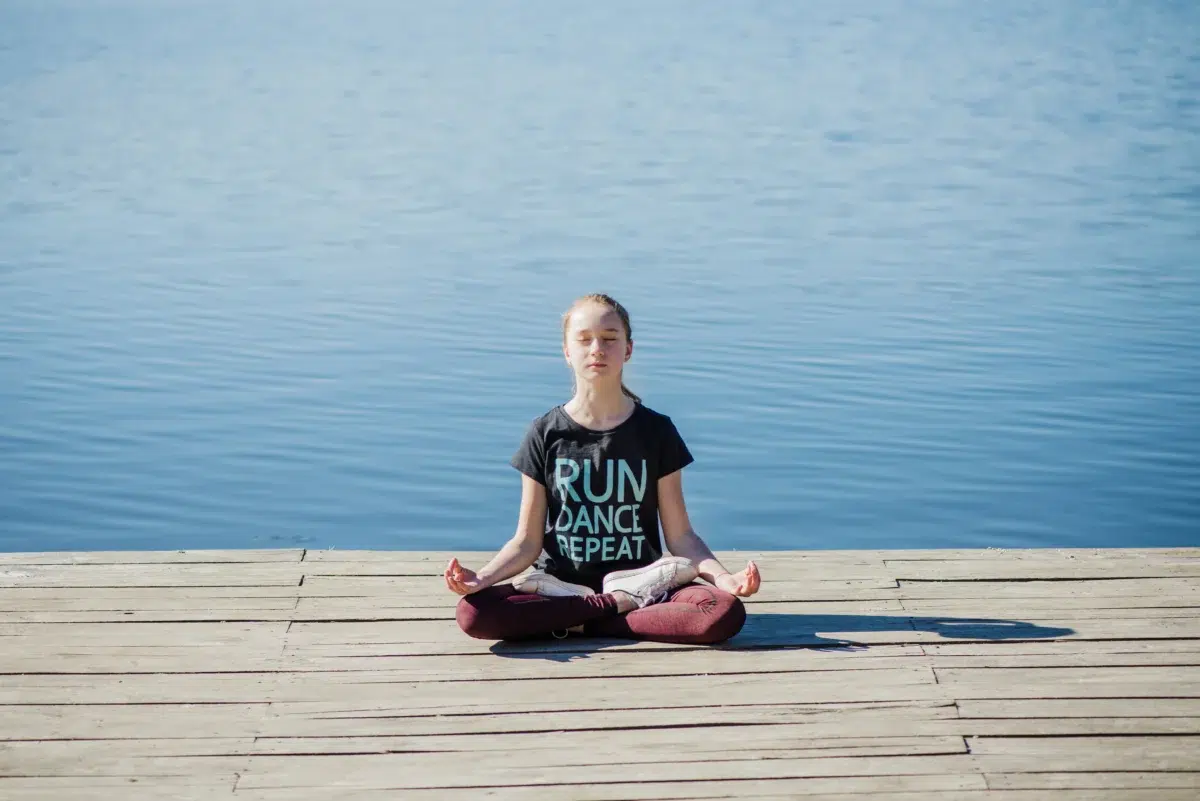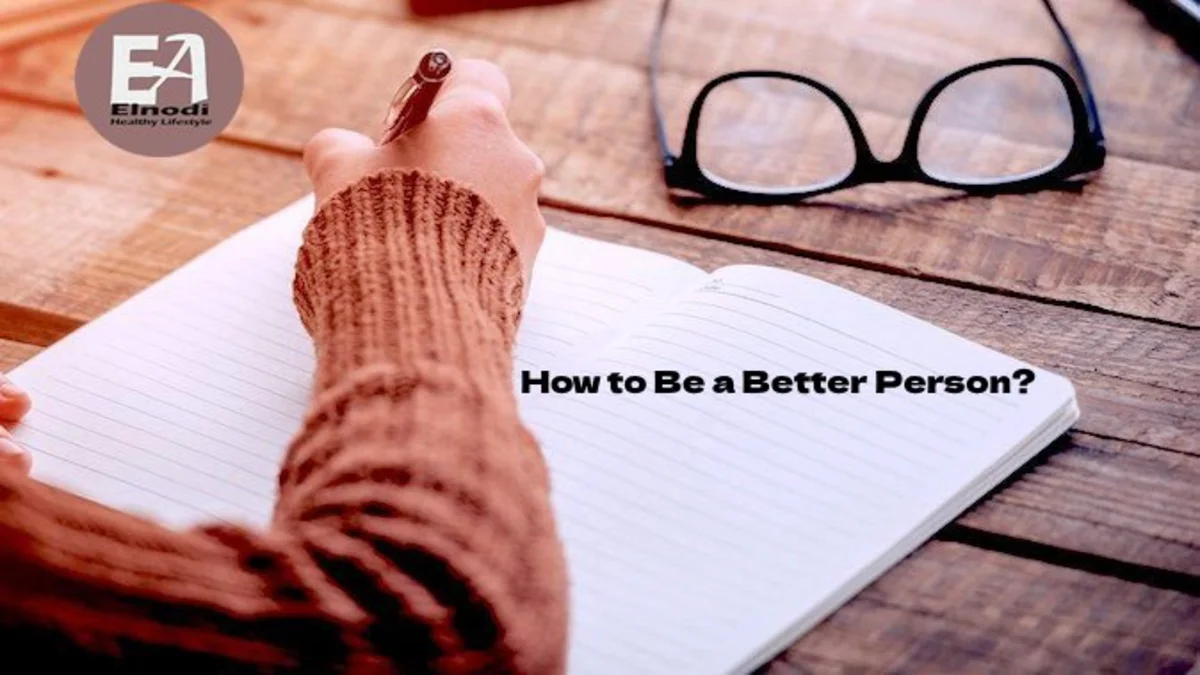Are you an anxious teen? Find relief from your struggles with these Relaxation techniques to reduce anxiety for teens. You’ll be amazed at how well they work!
According to The Anxiety and Depression Association of America, anxiety disorders are the most common mental illnesses in the U.S. That’s a lot of people struggling with anxiety every day. (1, 2)
Many techniques have been developed to help reduce anxiety in teens. The goal is to find an approach that is effective and comfortable for the teen so they can maintain it over time. Some of the most popular techniques include cognitive-behavioral therapy (CBT), which teaches ways to change thought patterns that contribute to anxiety; mindfulness, which emphasizes paying attention to the present moment without judgment; and yoga and meditation, which have been shown to increase relaxation and positive mood states.
There are a variety of techniques to reduce anxiety for teens, and each is different based on the person. It’s important for parents to find an approach that works for their child since medication may not be necessary for all teens. Effective approaches include: providing support through conversation, sharing resources, setting clear boundaries, and being stoic when needed.
Techniques to Reduce Anxiety for Teens
Use effective time management.
People often lack the time management skills necessary to fit all they need to do within the constraints of the time they have to do it, which is one reason why they become so agitated. Writing out everything you need to do over the course of a week and seeing where you can fit it in is one thing you may do to relieve some tension. Obtain a planner to record your commitments, including schoolwork, job hours, sports practices, and other activities.
Early bedtime

Many teenagers find it challenging to fall asleep at a time when they will get the nine hours of sleep they require before their alarm goes off in the morning. This is due in part to the fact that adolescents’ circadian rhythms change and in part to the fact that the majority of high schools start early in the morning. You must ensure that you are receiving enough sleep because a lack of sleep makes it easier to feel stressed, anxious, and overwhelmed. (3)
Every Day Workout
Although you might feel like you don’t have time for exercise, it might actually improve your ability to manage stress. Also, getting enough exercise improves your physical health and is a healthy habit to maintain as you become older. No need to worry if you lack time; you can exercise for ten minutes at a time, three times per day, and still reap the rewards. You might have time to go for a walk after school and during your lunch break. Practice time also counts if you participate in a school sport.
Time Spent with Friends

You might not be decompressing with your friends enough if you discover that you are rushing from school to your job, then returning home and doing homework before watching television and going to bed. You can reduce your tension and unwind by spending time with other people. Try to set aside some time every week to relax and have fun. Visit the beach, see a humorous film, or simply have a girls’ or men’s night in with your closest friends. You’ll experience renewed vigor and less stress.
Spend some time alone
Lack of downtime to get to know yourself is another drawback of the hectic lifestyle. Being in touch with yourself will help you understand what you think and how you’re feeling because as a teenager, your thoughts and viewpoints are changing. Try keeping a daily notebook for a few minutes; this is a terrific method to express your ideas and have something to reflect on and assess when you have time. No, spelling is not taken into account!
Yoga

Yoga comes in a variety of forms. Combining controlled breathing, movement, and postures is the fundamental goal of yoga. Yoga typically helps people release their worries while also stretching and strengthening their muscles. (4)
Meditation
A traditional method of stress relief is meditation. It requires conscious breathing and visualization. Meditation aims to stop mental activity while maintaining a focused state of awareness. It has been demonstrated that meditation improves people’s ability to concentrate on both routine tasks and stressful situations. Although they require effort, meditation techniques give you a sensation of control over your thoughts. With meditation, we learn to recognize “I am experiencing anger” rather than “I am furious.” This tiny distinction provides us with a feeling of self-control. (5)
Go Outside and Enjoy Nature
Have you ever had a greater sense of tranquility after taking a stroll through a forest or spending the day at the beach admiring the waves and seagulls? It goes without saying that being in nature may be soothing and cathartic. Did you know that studies have shown that spending time in nature can help you relax?
Embrace “Good Enough” as the norm.
Teenagers and adults can occasionally struggle to unwind because they are enmeshed in perfectionism. You have a lot on your plate if you’re attempting to maintain a 4.0 GPA while working a part-time job, playing an extracurricular sport, and volunteering. You might need to scale back on your volunteer or paid work commitments as well as any AP or honors classes you’re taking.
Seek Support for Stress Reduction
Reach out for assistance if you’re still having problems managing stressful circumstances or even just the everyday stress that you experience. Speak with your parents, guidance counselor, or physician. If you don’t already have a counselor, your doctor can recommend one. Taking control of your stress levels now will assist you in developing coping mechanisms that you’ll find useful as an adult. Never be reluctant to express your feelings to an adult or to ask for support in managing daily stress.
Summary
Although stress and anxiety are inevitable aspects of life, we may acquire coping mechanisms. Start by educating students about anxiety symptoms, anxiety patterns, and coping mechanisms for negative thinking. The methods in this article are intended to give teenagers some solutions for how to handle their stress and anxiety. These are not the forms of CBT that are advised (CBT). Students should speak to a trusted adult, such as a school counselor if they are feeling excessively nervous and nothing else is helping. Strategies may assist adolescents to reduce their worry.
- Teens are prone to anxiety, and relaxation techniques can help reduce the symptoms.
- There are a variety of techniques that can be used, and some may work better for different people.
- Learning to relax is an important technique to reduce anxiety for teens.
Frequently asked questions
What is the 3 3 3 rule anxiety?
What foods reduce anxiety?
What exercises are best for anxiety?
Swimming.
Biking.
Running.
Brisk walking.
Tennis.
What vitamins are good for anxiety?
References
1. Call, D., Miron, L., & Orcutt, H. (2014). Effectiveness of brief mindfulness techniques in reducing symptoms of anxiety and stress. Mindfulness, 5, 658-668.
2. Presno, C. (1998). Taking the byte out of Internet anxiety: Instructional techniques that reduce computer/Internet anxiety in the classroom. Journal of educational computing research, 18(2), 147-161.
3. Waite, F., Myers, E., Harvey, A. G., Espie, C. A., Startup, H., Sheaves, B., & Freeman, D. (2016). Treating sleep problems in patients with schizophrenia. Behavioral and Cognitive Psychotherapy, 44(3), 273-287.
4. de Manincor, M., Bensoussan, A., Smith, C., Fahey, P., & Bourchier, S. (2015). Establishing key components of yoga interventions for reducing depression and anxiety, and improving well-being: a Delphi method study. BMC Complementary and Alternative Medicine, 15(1), 1-10.
5. Etherington, N. (2012). Gardening for children with autism spectrum disorders and special educational needs: Engaging with nature to combat anxiety, promote sensory integration, and build social skills. Jessica Kingsley Publishers.





